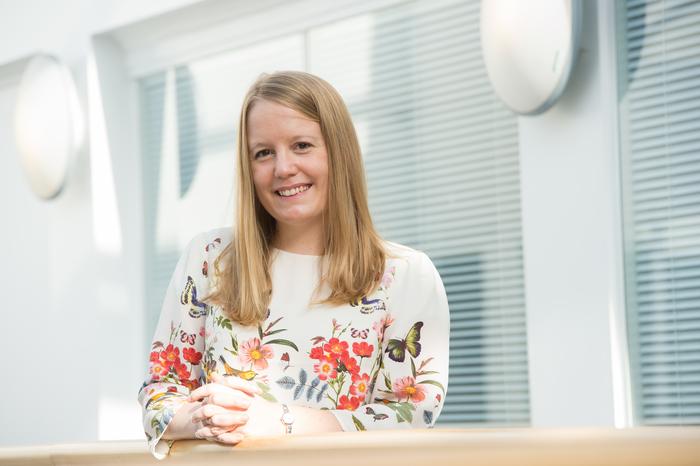Ultrasound technology could be key to enabling the biological breakdown of so-called ‘forever chemicals’, say researchers from the University of Surrey. ‘Forever chemicals’ are a class of extremely persistent synthetic chemicals that, even at low levels, may increase cancer risk and cause hormonal disruption and developmental abnormalities.
Ultrasound technology could be key to enabling the biological breakdown of so-called ‘forever chemicals’, say researchers from the University of Surrey. ‘Forever chemicals’ are a class of extremely persistent synthetic chemicals that, even at low levels, may increase cancer risk and cause hormonal disruption and developmental abnormalities.
The research team has been awarded £947,000 from UK Research and Innovation (UKRI) to conduct a first-of-its-kind pilot that will use ultrasound technology in combination with biodegradation to break down per- and poly-fluoroalkyl substances (PFAS), which are still commonly found in products like pizza boxes, dental floss, and cookware.
SonoBio is a hybrid technology that combines high-frequency ultrasound with the activity of microorganisms to treat PFAS and turn them into relatively harmless carbon dioxide and fluoride.
Dr Madeleine Bussemaker, project lead from the University of Surrey, said:
“These chemicals are everywhere, found in nearly every person and countless everyday products. They’re incredibly tough to break down, which is why they stick around in our bodies and the environment for decades.
“That is why we are delighted to have the support of UKRI in our effort to one day render obsolete the ‘forever chemicals’ tag attached to these persistent chemicals.”
Current methods struggle to fully degrade PFAS, especially when using biological processes alone. While high-frequency ultrasound can completely break down PFAS, it is most effective in certain forms and for high concentrations. The engineering of biological processes, with microbial electrochemistry, can recover energy and make the process more sustainable. So, by combining high-frequency ultrasound with (electro)microbial action, SonoBio could be a powerful, sustainable solution for the complete breakdown and removal of PFAS from the environment.
Professor Claudio Avignone Rossa from the University of Surrey said:
“This is a strong project directed to address the important issue of the ‘forever chemicals’, ubiquitous substances affecting human, animal and environmental health and wellbeing. This is a multi- and inter-disciplinary collaboration that combines our strong basic and applied background in chemistry, microbiology, biochemistry and bioanalysis, allowing us to design strategies to degrade those pollutants and reduce their severe, long-lasting effects.”
The pilot begins in 2025.
Note to editors
Dr Madeleine Bussemaker is available for interview; please contact [email protected] to arrange.





